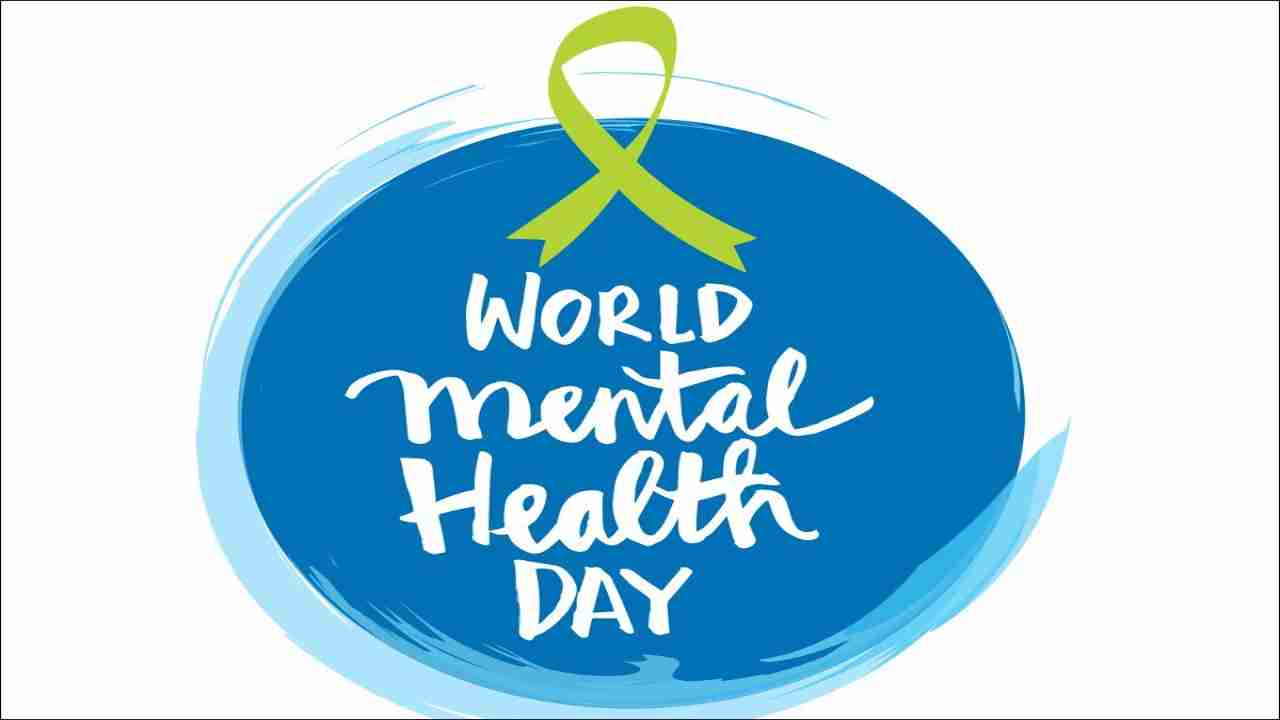
Breaking the Stigma: Mental Health Day 2020’s Mission
Mental health has long been a topic shrouded in stigma and silence. Individuals facing mental health challenges often suffer not only from their conditions but also from societal misconceptions and discrimination. Recognizing the importance of addressing this issue, Mental Health Day 2020 took on the crucial mission of breaking the stigma surrounding mental health.
The Weight of Stigma

Stigma associated with mental health issues is a deeply entrenched societal problem. It manifests as prejudice, discrimination, and negative stereotypes, leading to shame, fear, and hesitance in seeking help. These stigmatizing attitudes create significant barriers for individuals in need of mental health support and treatment.
Mental Health Day’s Role
Mental Health Day, observed globally on October 10th each year, serves as a powerful catalyst for change. It aims to challenge these stigmatizing beliefs and encourage open conversations about mental health. Mental Health Day 2020, in particular, held a special significance due to the added stressors and mental health challenges brought about by the COVID-19 pandemic.
Key Strategies for Breaking the Stigma
- Education and Awareness: A primary mission of Mental Health Day is to educate the public about mental health. It provides accurate information about common mental health conditions, their prevalence, and the effectiveness of available treatments. By dispelling myths and misconceptions, Mental Health Day fosters a more informed and empathetic society.
- Sharing Personal Stories: Personal narratives have proven to be a potent tool in breaking the stigma. Mental Health Day 2020 encouraged individuals to share their experiences, highlighting that mental health issues affect people from all walks of life. These stories serve to humanize the issue and create a sense of connection and understanding.
- Promoting Accessible Resources: Mental Health Day emphasizes the importance of access to mental health care. It directs individuals to available resources, including helplines, support groups, and mental health professionals. By ensuring that help is readily accessible, the stigma is further reduced, as people are more likely to seek assistance when they need it.
- Community and Workplace Initiatives: Mental Health Day extends its mission into communities and workplaces. Encouraging open dialogues and support networks within these settings reduces stigma at the grassroots level. Employers and organizations have begun to prioritize employee mental health, creating a more inclusive and accepting environment.
The Ongoing Battle
Breaking the stigma surrounding mental health is an ongoing battle, but Mental Health Day 2020 made significant strides in this mission. It reminded the world that mental health challenges are not a sign of weakness but a part of the human experience. The event encouraged individuals to be more compassionate, supportive, and understanding.
Conclusion
As we look beyond Mental Health Day 2020, it is essential to recognize that the fight against stigma does not end. Continued education, open conversations, and destigmatization efforts are necessary to create a society where individuals feel safe seeking help when they need it. By breaking down the barriers of stigma, we can pave the way for better mental health for all, ensuring that no one suffers in silence or isolation. Mental Health Day’s mission to break the stigma is a mission for a healthier, more compassionate world.
